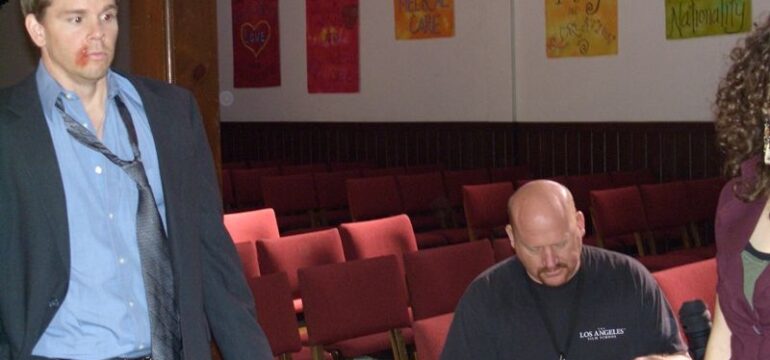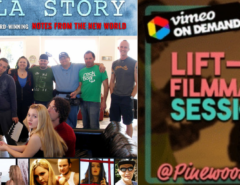What is censorship?
According to Cambridge online dictionary, Censorship is “the action of preventing part or the whole of a book, film, work of art, document, or other kind of communication from being seen or made available to the public, because it is considered to be offensive or harmful, or because it contains information that someone wishes to keep secret, often for political reasons.”
In other words, we can understand the act of censorship as an active attempt to prevent a piece of information from being disclosed to the public eye. We may most commonly associate these actions to a journalistic environment, which is the epitome of researching and disclosing information, but I am sure we would all agree that the art world is also one of the most prolific places to find this behavior.
Why would movies be subject to censorship?
Sadly there are many examples of a film being subject to censorship. As it can be understood not only as an entertainment product but also as a work of art, it has the characteristic of being a vehicle for human expression, often struggling to deliver its message precisely due to the things it talks about. But censorship in this regard has a lot more to do with the public nature of the cinema than any other of its features.
Since the cinematograph was invented by the Lumiere brothers in 1895, films have been a public experience, reaching different audiences throughout history. Even movie theaters used to deliver the news in the 40’s and 50’s because it was a place already designed for people to gather.

Movies like Daisies (Vera Chytilova, 1966) or Salo (Pier Paolo Passolini, 1975) faced strong restrictions in terms of their distribution and exhibition due to their political speech and depictions of what was considered morally depraved sexual practices. But even when these are great examples of censorship in movies, they have in common one thing: both films were already finished when the forbiddance began.
Independent filmmaking under attack
While the most popular –or should I say well-known– restrictions in this regard are those where the motion pictures are already at their distribution/exhibition facet, it does not mean that it is the only step of the way movies face such attacks. A good example of this is what happened to Writer / Director / Producer Vitaly Sumin and his crew when producing the award winning movie Notes From the New World , where oddly and dangerous things were taking place in order to stop the film from being made.
From weird discoveries, harassment and physical attacks, to the sudden and mysterious disappearance of Bob Hurley—the screenwriter of the film—the recently released documentary The Strange Case of Robert Hurley and the Missing Screenplay follows the threatening atmosphere this passionate crew had to navigate to bring their movie to completion.
Available now on Prime Video, this thrilling adventure offers more questions than answers as these courageous people struggle to keep moving forward day by day, putting their sanity and well-being on the line in the name of art. Who doesn’t want this story to be told? Is it worth it risking their lives? How did they manage all that pressure? If you don’t want to miss the outcome of their enterprise, watch this breathtaking documentary here.
Want to know more?
Sign up today for a free membership with us and gain exclusive access to our members-only content, which includes our exclusive e-book Our Method of Producing where you can learn more details about how we get things done.
Go to https://www.dostoevsky-bts.com/ and enter your email on the box at the bottom of the page where it reads I Want To Be Part Of The Action! And you are ready to go.
To read more about how the borders of True Crime as a genere and real life blurred in the making of this film visit True Crime: Cult-Like Obsession and Real Life.
See you around!
Check us out on Twitter, Instagram, Facebook, Pinterest, and Goodreads










Leave a Reply